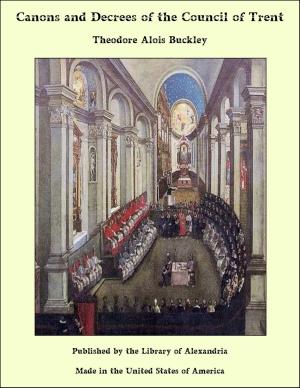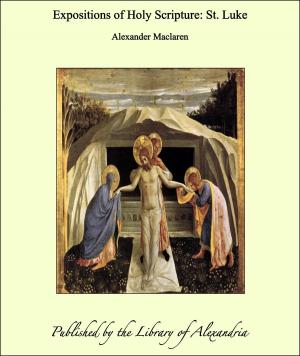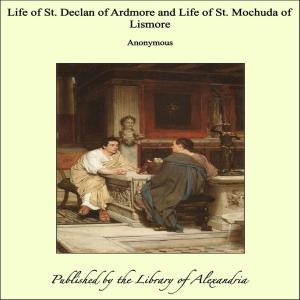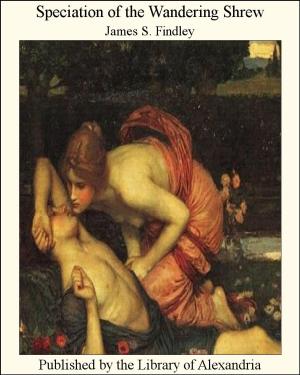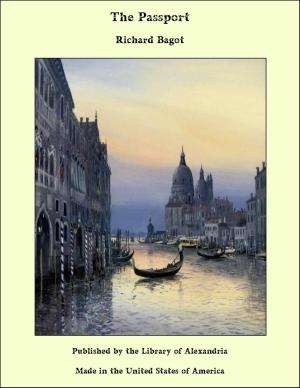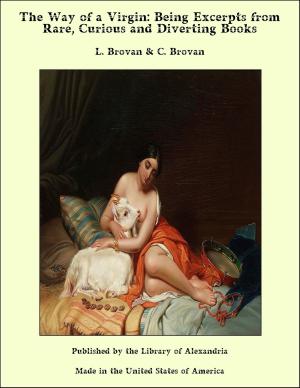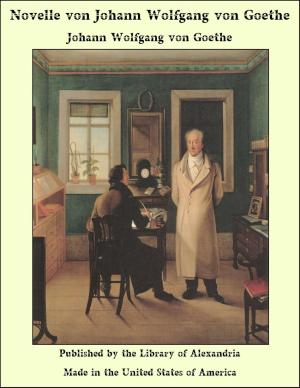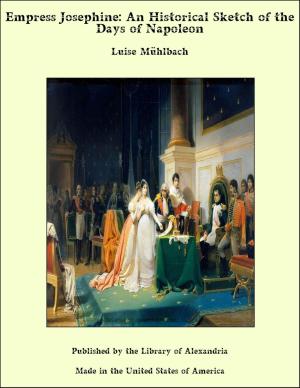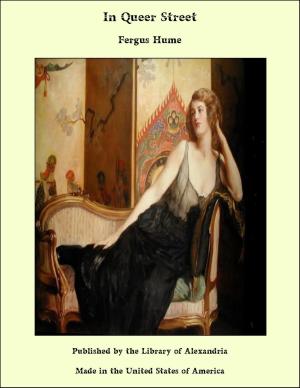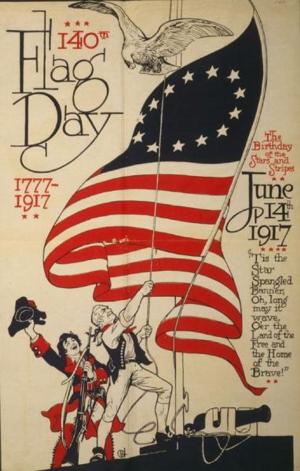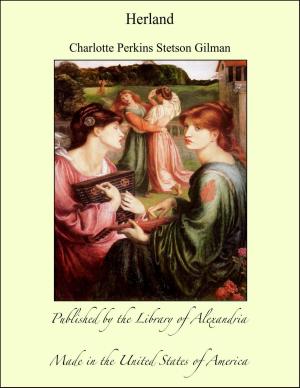Charles Sumner Centenary, The American Negro Academy
Nonfiction, Religion & Spirituality, New Age, History, Fiction & Literature| Author: | Archibald Henry Grimke | ISBN: | 9781465588784 |
| Publisher: | Library of Alexandria | Publication: | March 8, 2015 |
| Imprint: | Language: | English |
| Author: | Archibald Henry Grimke |
| ISBN: | 9781465588784 |
| Publisher: | Library of Alexandria |
| Publication: | March 8, 2015 |
| Imprint: | |
| Language: | English |
Every time a great man comes on the stage of human affairs, the fable of the Hercules repeats itself. He gets a sword from Mercury, a bow from Apollo, a breastplate from Vulcan, a robe from Minerva. Many streams from many sources bring to him their united strength. How else could the great man be equal to his time and task? What was true of the Greek Demigod was likewise true of Charles Sumner. His study of the law for instance formed but a part of his great preparation. The science of the law, not its practice, excited his enthusiasm. He turned instinctively from the technicalities, the tergiversations, the gladiatorial display and contention of the legal profession. To him they were but the ephemera of the long summertide of jurisprudence. He thirsted for the permanent, the ever living springs and principles of the law. Grotius and Pothier and Mansfield and Blackstone and Marshall and Story were the shining heights to which he aspired. He had neither the tastes nor the talents to emulate the Erskines and the Choates of the Bar. His vast readings in the field of history and literature contributed in like manner toward his splendid outfit. So too his wide contact and association with the leading spirits of the times in Europe and America. All combined to teach him to know himself and the universal verities of man and society, to distinguish the invisible and enduring substance of life from its merely accidental and transient phases and phenomena.
Every time a great man comes on the stage of human affairs, the fable of the Hercules repeats itself. He gets a sword from Mercury, a bow from Apollo, a breastplate from Vulcan, a robe from Minerva. Many streams from many sources bring to him their united strength. How else could the great man be equal to his time and task? What was true of the Greek Demigod was likewise true of Charles Sumner. His study of the law for instance formed but a part of his great preparation. The science of the law, not its practice, excited his enthusiasm. He turned instinctively from the technicalities, the tergiversations, the gladiatorial display and contention of the legal profession. To him they were but the ephemera of the long summertide of jurisprudence. He thirsted for the permanent, the ever living springs and principles of the law. Grotius and Pothier and Mansfield and Blackstone and Marshall and Story were the shining heights to which he aspired. He had neither the tastes nor the talents to emulate the Erskines and the Choates of the Bar. His vast readings in the field of history and literature contributed in like manner toward his splendid outfit. So too his wide contact and association with the leading spirits of the times in Europe and America. All combined to teach him to know himself and the universal verities of man and society, to distinguish the invisible and enduring substance of life from its merely accidental and transient phases and phenomena.

